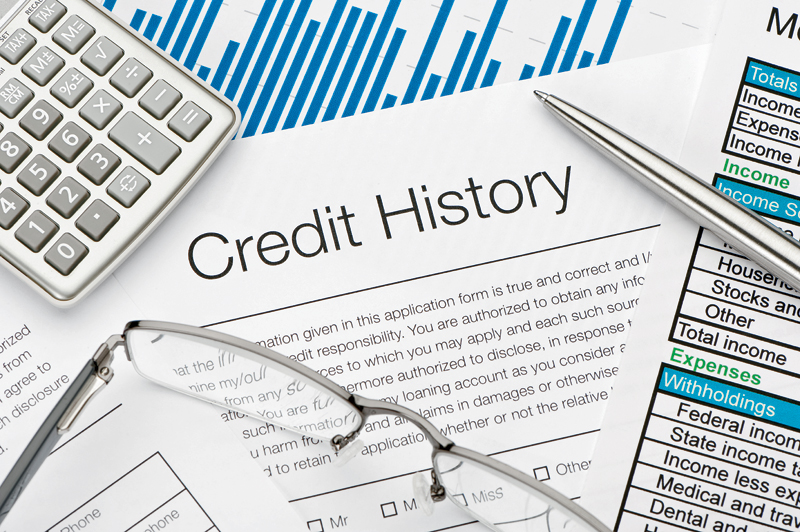Credit Record Mistakes—Your Rights and Obligations
By Gail Osten
May 2013 View more Finance
 Earlier this year, CBS News’ “60 Minutes” detailed a government study, revealing that up to 40 million Americans have errors in their credit reports that could negatively affect their creditworthiness. The report also found that locating anyone at of the top three credit-reporting agencies — Experian, Equifax, and TransUnion — with the authority to resolve your dispute, can be a frustrating exercise, especially by phone.
Earlier this year, CBS News’ “60 Minutes” detailed a government study, revealing that up to 40 million Americans have errors in their credit reports that could negatively affect their creditworthiness. The report also found that locating anyone at of the top three credit-reporting agencies — Experian, Equifax, and TransUnion — with the authority to resolve your dispute, can be a frustrating exercise, especially by phone.
The credit-reporting agencies would not immediately comment on the “60 Minutes” report. Their trade organization offered an online statement that refuted broad allegations of carelessness. However, The Consumer Financial Protection Bureau said “98 percent of credit report are materially accurate,” and a Policy and Economic Research Council study found that 95 percent of consumers were satisfied with the outcome of their disputes.
Setting the Record Straight
Whether or not you believe the credit organizations, the truth is that you and I bear the brunt of setting the record straight for incorrect credit information. We are guilty until we prove ourselves innocent.
Few Americans actually check their credit report until it’s too late. If you are anticipating an upcoming major loan, such as a home loan or car loan, check your credit report and credit score at least six months in advance. Under federal law, you’re entitled to one free credit report annually from each credit-reporting agency (use www.annualcreditreport.com), but you must pay for credit scores (www.myfico.com).
Filing a Dispute
If you contest an error in your report, file a dispute in writing with each bureau reporting the inaccuracy and the furnisher of the information (store, credit card, etc.). Don’t use a phone or email option.
Instead, send your dispute letter, with copies of proof, to bureaus and the furnisher of information, by certified mail so you can track the claim. With a store or credit card, send it to the address for correspondence, not for payment.
Credit bureaus must investigate your dispute—usually within 30 day—unless your claim is “frivolous.” They’re also required to forward your pertinent data to the organization that provided the negative information to begin with. After the information provider receives notice of a dispute from the credit reporting company, it must investigate, review relevant information, and report results back to the credit reporting company. If the investigation results in a change to your credit report, the furnisher must let all credit bureaus know.
Also, if you think that adding a summary explanation to your credit report is important, think again. Joann Sworan, president of locally-based Real Estate CSO, a registered credit repair company designed to educate consumers, real estate agents, and lenders about the credit rating industry, says they hold little or no value. “Most underwriters do not take into consideration the 100-word statement on file. But if you choose to add a summary statement, watch spelling and vocabulary, as anyone who requests your report will see this summary,” said Sworan.
Additional Help
Finally, if you are having difficulty charting the waters to dispute a claim, you might want to consider a credit counselor for advice. They cannot “fix” your credit record or credit score, but they can advise you on ways to repair them. Sworan says the advantage to hiring a credit counselor is that they are aware of how bureaus may discourage consumers from repairing their credit. “The key is not to give up if the bureaus stall the process, or decide that the information they’ve received is valid. Keep in mind that it is not just the bureaus, the creditors are just as responsible. So sometimes a combination of following up with both parties is needed,” said Sworn.
Finally, with a topic this complex, make sure to read up on the dispute process at www.ftc.gov/bcp/edu/pubs/consume/credit/cre21.shtm.


